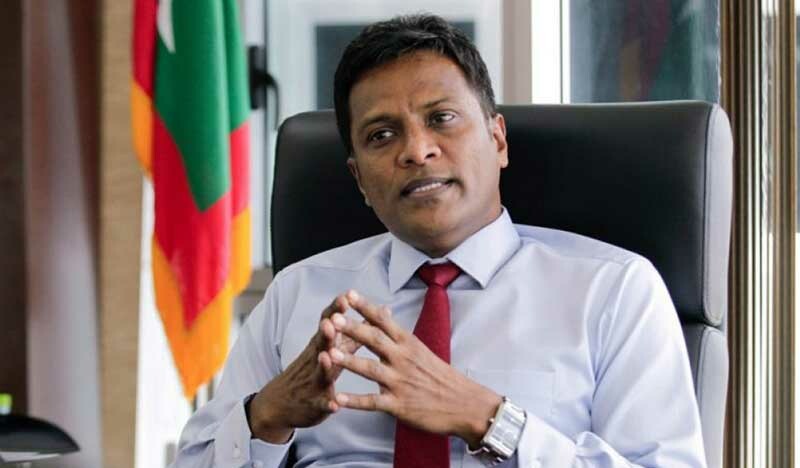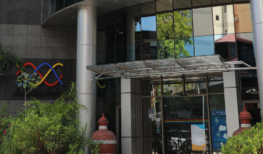Umar Naseer Criticises Rush to Enact Anti-Defection Constitutional Amendment

Former Home Minister Umar Naseer has criticised the amendments to the Maldives Constitution, which introduce anti-defection provisions, accusing the People’s Majlis of becoming a “Party’s Majlis.”
The amendments, submitted, passed, and ratified in rapid succession yesterday, have drawn concern from opposition parties. In a Facebook post today, Umar expressed dismay at the implications of the changes, which he claims stifle lawmakers’ independence by binding them to their party’s directives. He warned that members of Parliament are now at risk of expulsion from their parties and the loss of their parliamentary seats if they dissent or vote against party lines.
“Parliamentarians now have no choice but to remain silent and praise their party leaders, no matter how severe their wrongdoing,” Naseer said. “This marks the end of free thinking within the Majlis.”
He argued that, although lawmakers are elected on party tickets, the majority of voters are not members of political parties. Umar emphasised that parliamentarians must represent all constituents and the nation, not just their parties. He further criticised the new amendment for allowing a party’s disciplinary committee to expel members, thereby stripping them of their seats.
“A member elected by hundreds of people can now be removed by the decision of three individuals within a party’s disciplinary committee. The People’s Majlis has turned into a Party’s Majlis,” he stated, lamenting what he described as self-inflicted harm by lawmakers.
The ruling People’s National Congress (PNC), which holds a supermajority in the 93-member Parliament, passed the legislation amid protests from the opposition Maldivian Democratic Party (MDP). The MDP, which holds only a dozen seats, had proposed amendments to require a public vote before expelling a parliamentarian, but these were rejected.
The swift enactment of the bill prompted public demonstrations. Anti-government protesters clashed with pro-government supporters outside the Parliament before police intervened. The Bar Council had also called for consultation, citing concerns within the legal community, but their request was ignored. Speaker Abdul Raheem Abdulla, who is also the chairperson of the PNC, defended the decision to bypass public consultation, stating it was unnecessary for the legislation.







